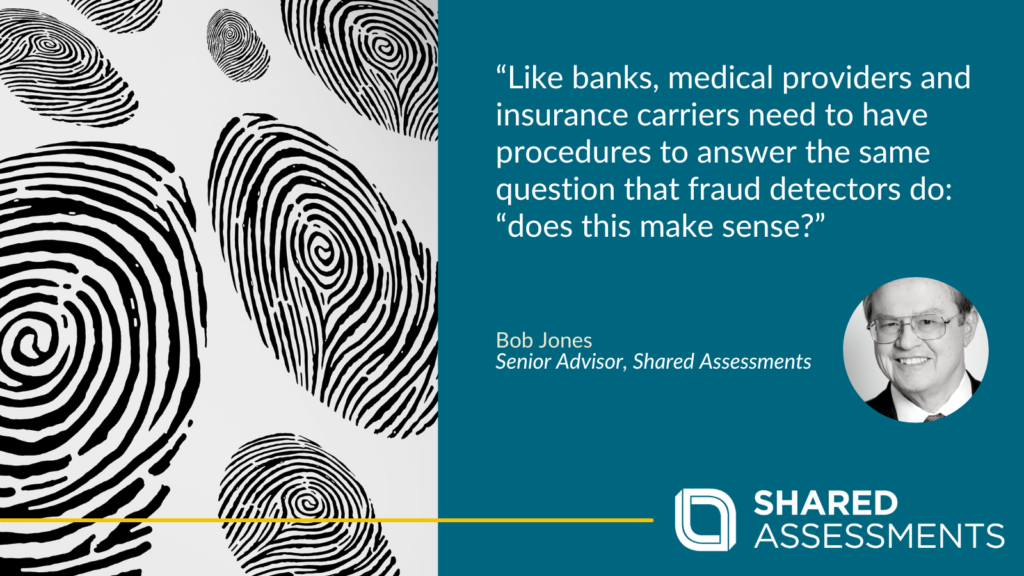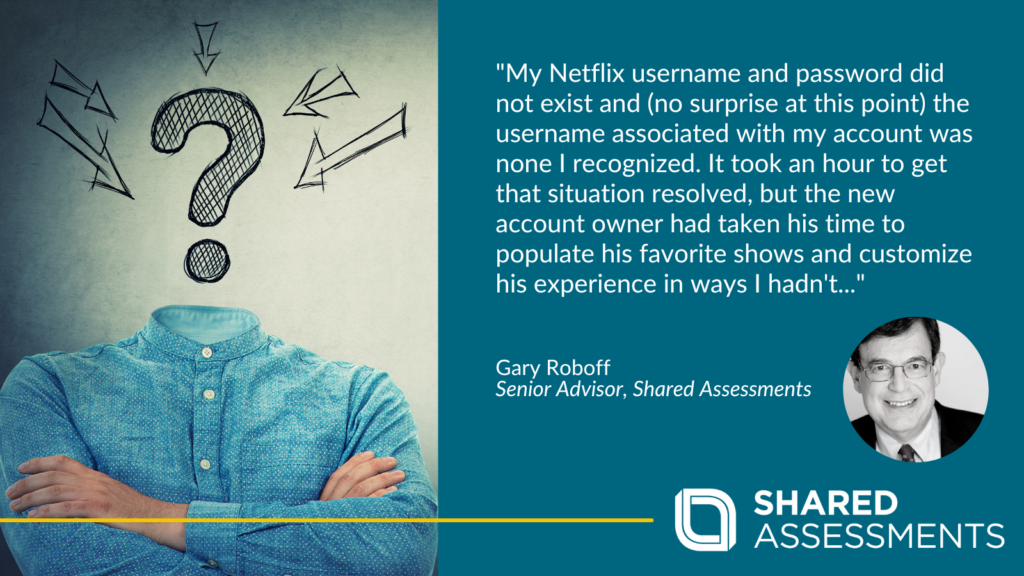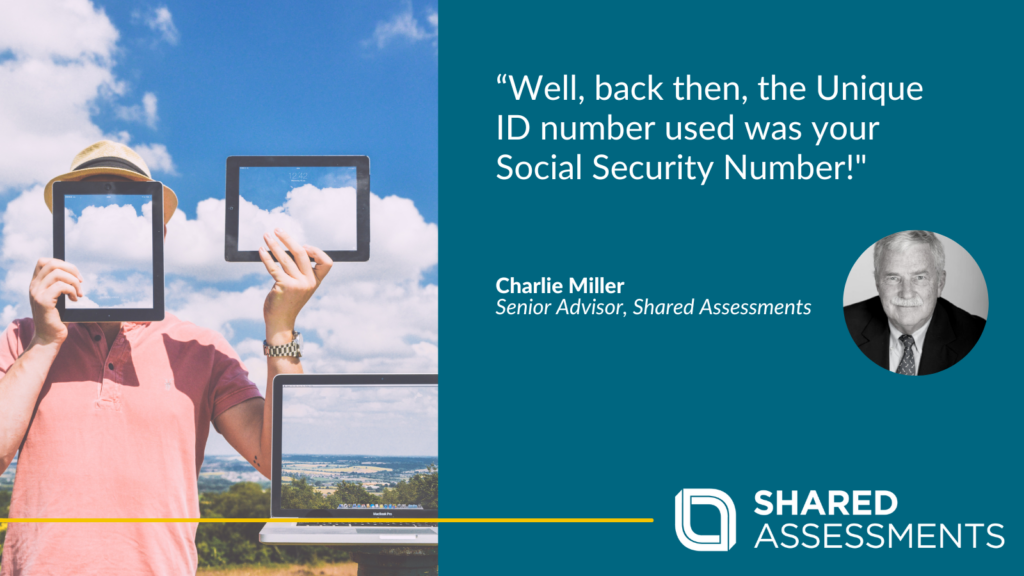Identity Theft Awareness: Who Are You?

Have you discovered who you truly are? Did you take the Myers-Briggs? Do you know your sign? Abilities, attributes, and astrology be darned – to an identity thief, you just represent a unique set of numbers and the opportunity to abscond with your Personally Identifiable Information (PII).
Thank goodness for Identity Theft Awareness Week. From January 30 to February 3, the Federal Trade Commission (FTC) focuses on how to reduce Identity Theft Risk, sharing information through free webinars, interviews, and other events.
Below, our in-house SMEs share anecdotes from their lives and careers acknowledging of the importance of Identity Theft Awareness in and outside of work.
A Matter Of Life Or Death – Bob Jones

“Newspaper reports of peoples’ personal information being stolen by hackers’ successful attacks on companies’ databases are a nearly daily occurrence. Those victim companies then usually offer identity theft warning services to those people, who are advised to put blocks on their credit bureau files, change their passwords, and be vigilant in identifying strange behavior in their financial accounts. During my banking career I, and members of my staff, spent a lot of time helping customers whose information had been used to assume their identities deal with the aftermath.
My banking career ended in 2004, but the problem of identity theft has continued to grow. In 2014 the Fair Credit Reporting Act was amended with the Red Flags Rule that requires financial institutions and creditors that hold any consumer account, or another account for which there is a reasonably foreseeable risk of identity theft, to develop and implement an identity theft prevention program in connection with new and existing accounts. Those programs include training employees to be on the lookout for indications of identity theft.
While financial identity theft receives most of the press, medical identity theft, while not so common, can literally be a matter of life and death. When patient records are hacked imposters can assume those identities to receive treatment. Then, when the victim’s electronic history is updated with the imposter’s medical information, fatal mistakes can be made in emergency situations. Like banks, medical providers and insurance carriers need to have procedures to answer the same question that fraud detectors do: “does this make sense?”.”
Movie Night Fright – Gary Roboff

“One evening a few years ago the family had plans to watch a movie that was only available on Netflix. We’d used Netflix for years and always without incident, until that evening. When the application did not open automatically I tried to sign in only to receive received repeated “invalid password” messages. Of course, I did what I always do and tried to reset my password online, which required another sign in. I quickly discovered that my email was invalid, as were the three additional non-business email addresses I maintain. I verified that were still paying Netflix a monthly fee and called Netflix in the morning. My username and password did not exist and (no surprise at this point) the username associated with my account was none I recognized. It took an hour to get that situation resolved, but the new account owner had taken his time to populate his favorite shows and customize his experience in ways I hadn’t.
You can bet that my new username and password would be almost impossible to guess let alone for me to remember. Wrote it down on a piece of paper and tucked it in a specific drawer.”
Way Back When – Charlie Miller

“One of the companies I worked for early in my career required their employees to carry company-issued ID Cards. You know your picture, Unique Id number, Location, … the usual stuff. Well, back then the Unique ID number used was your Social Security Number!
Fortunately, I have never been the victim of Identity theft. How Things Have Changed.”

